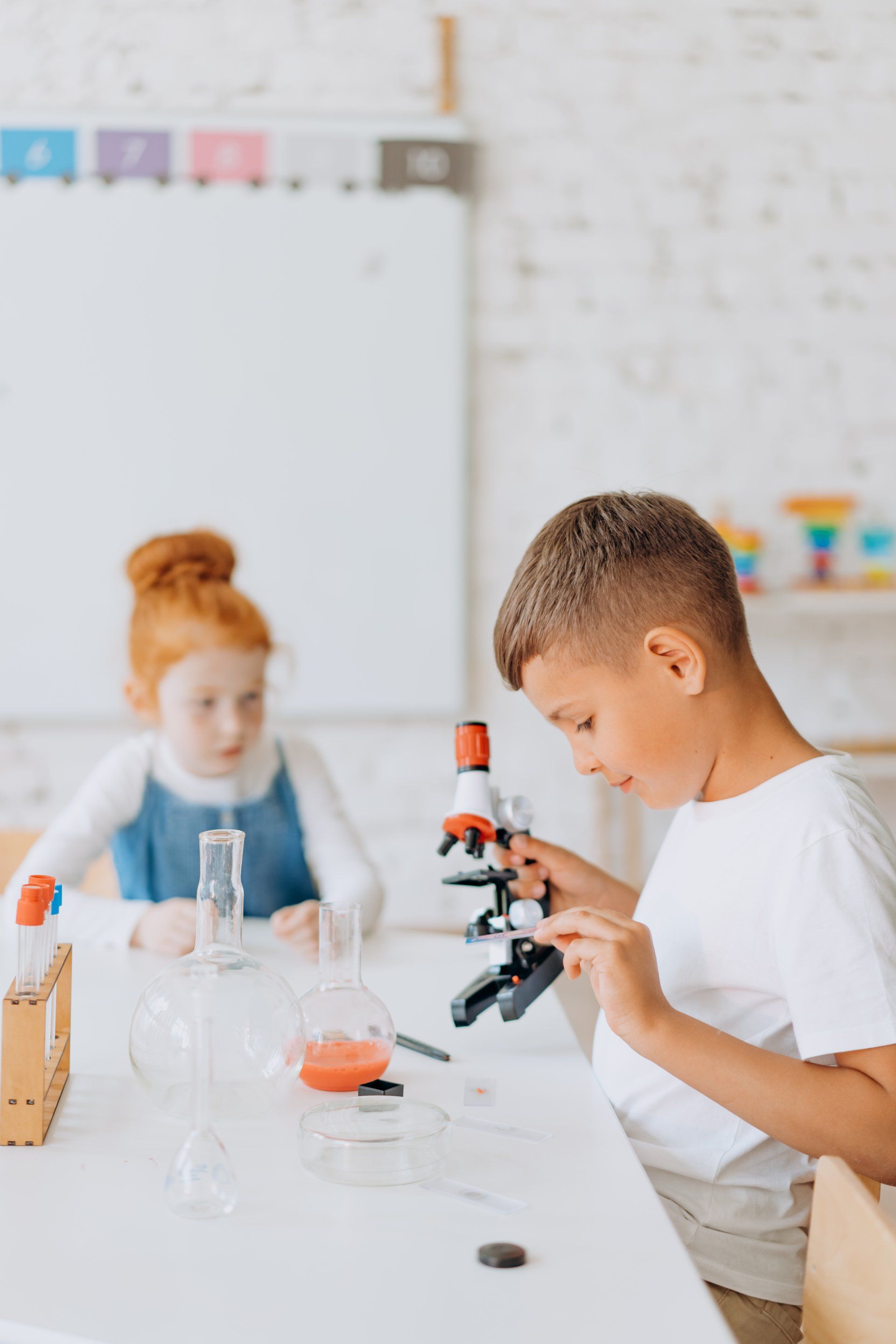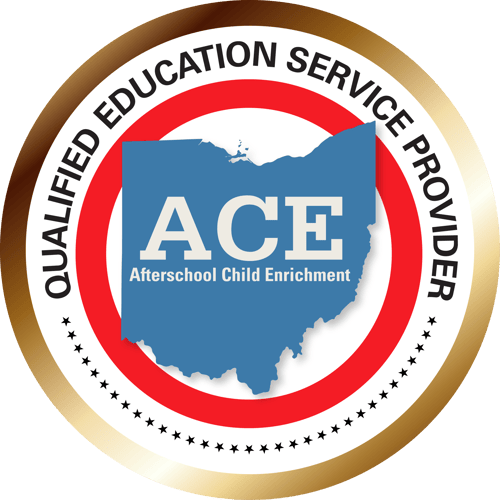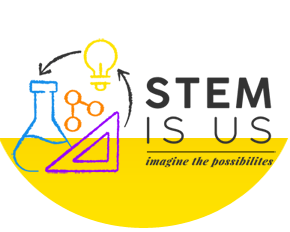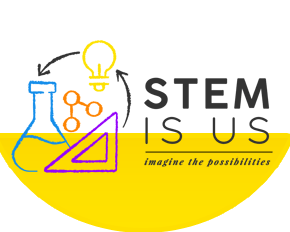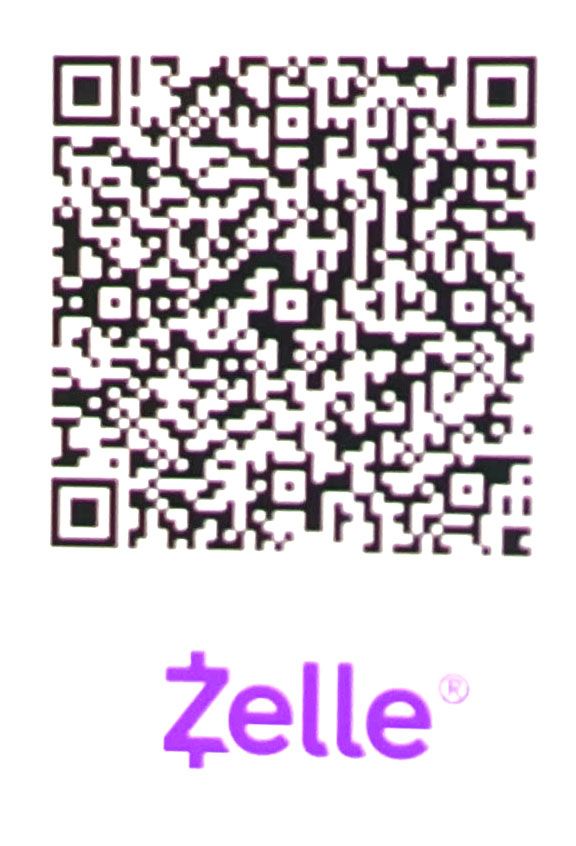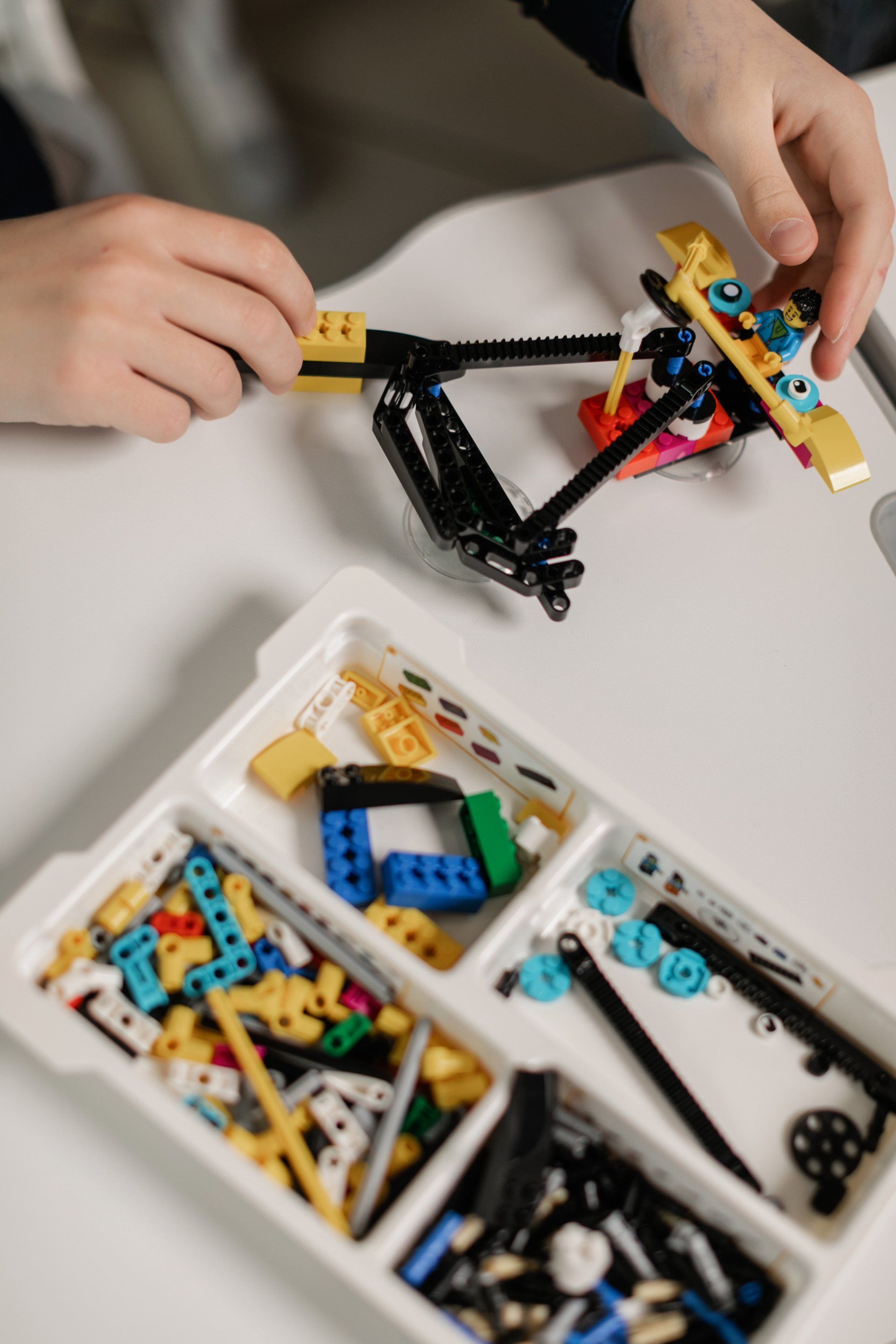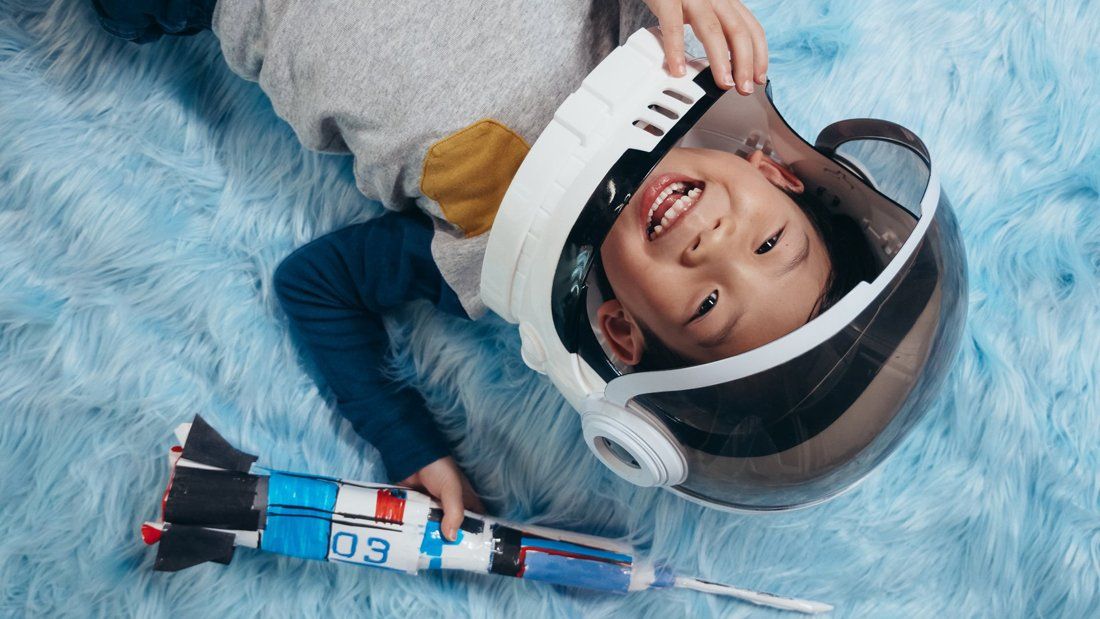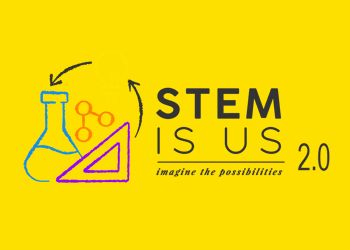Donate
Imagine The Possibilities
AGES Kindergarten to 8th Grade

Our Purpose
To encourage and prepare youth in grades K thru 8th to apply science, technology, engineering and math to real world situations.
Our Mission
To create an out of class learning environment, where we provide an opportunity for youth from K thru 8th grade to create a passion for science, technology, engineering, and math (STEM).
Our Vision
Our vision is to inspire students to become effective communicators, problem solvers, and critical thinkers with a fun, but challenging STEM curriculum that is engaging for all students.

Life Essential Skills
01
Critical Thinking
Our STEM activities develop the following critical thinking skills: analysis, interpretation, evaluation, application of relevant information, explanation, and self-reflection. Development of strong critical thinking and problem-solving skills is an important learning outcome.
02
Problem Solving
Our STEM activities provide practice solving a wide range of open-ended problems and real-world situations allowing for the implementation of innovative solutions. Use of engineering design processes and the scientific method emphasizes process over out come to solve a wide range of problems.
03
Communication
Our real-world challenges and group projects require kids to; practice active listening, keep an open mind, use a respective voice and effectively present their point of view. The art of good communication skills enables kids to express themselves clearly and confidently guaranteeing better understandings among individuals and lessening conflicts.
04
Creativity
Our STEM activities give kids a chance to think out-of-the-box as they propose solutions and take multiple approaches to solve problems and face challenges. Using the scientific method and engineering design process promotes innovation, flexibility and reminds them to look at problems/challenges from different perspectives.
Curriculum Standards
01
Common Core State Standards Math (CCSSM)
Common Core State Standards require reasoning in real-life situations. The focus is on giving students a strong foundation that they are expected to build onto, by developing analytical skills, critical thinking, and problem-solving skills.
02
Next Generation Science Standards (NGSS)
1) Science and Engineering practices which requires students apply the science concepts.
2) Disciplinary Core Ideas which are the big ideas in Life science, Earth and Space science, Physical science, and Engineering, Technology and Application of science
Cross Cutting Concepts which provide students with connections and intellectual tools that are related across the differing areas of disciplinary content. These concepts are critical for students to master in order to understand and apply knowledge in any scientific discipline.
